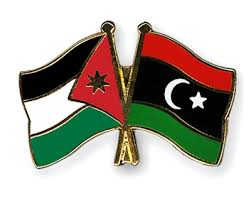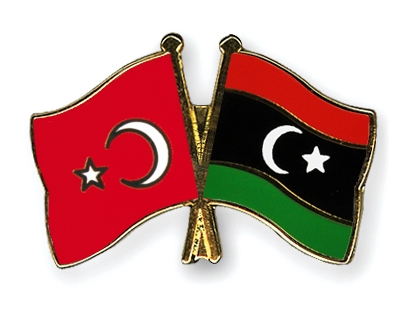By Sami Zaptia.

London, 28 February 2020:
As part of its ongoing improved transparency and governance programme, Libya’s main sovereign wealth fund, the Libya Investment Authority (LIA) published its first ever self-assessment of their application of the Generally Accepted Principles and Practices (the Santiago Principles), the International Forum of Sovereign Wealth Funds (IFSWF) reported yesterday.
The IFSWF describes itself as a voluntary organisation of global sovereign wealth funds committed to promoting good governance and investment management practices through dialogue, research and self-assessment. It says it also seeks to promote a deeper understanding of sovereign wealth fund activity amongst government and financial services institutions.
Yesterday, the IFSWF published all 34 full members’ self-assessments of their application of the Generally Accepted Principles and Practices (the Santiago Principles). It reported that these documents provide new details into the governance structures, as well as investment and risk management processes and practices of these institutions.
It said that this was the first time that all IFSWF members have completed and published a self-assessment, including the LIA.
It will be recalled that the Santiago Principles were written by a group of 26 sovereign wealth funds (SWFs) in 2008 to define a practical and appropriate governance and accountability framework for sovereign wealth funds. All members of the International Forum of Sovereign Wealth Funds voluntarily endorse and apply the Principles.
IFSWF says that the publication of the self-assessments is accompanied by an independent analysis by the Fletcher School at Tufts University, which compares the previous self-assessments, published in 2017, and the revised documents, both of which are available on the IFSWF website.
This analysis, it says, reveals that over the past three years, the overall quality of members’ disclosures via the self-assessments has, in its assessment, improved measurably, indicating a greater commitment to regular review of the implementation of the Santiago Principles.
It adds that the comparative analysis also suggests that greater IFSWF member engagement in the self-assessment process contributes meaningfully to clearer and more consistent member disclosure.
It will be recalled that the LIA is attempting to persuade the UN Security Council to ease its freeze on its assets abroad at least to the extend that it can prevent them from losing value.
It recently revealed its 2020 reform programme including best practice and better management and transparency. In October 2019 it appointed Oliver Wyman as consultants. In August 2019 it had announced that it had amended its articles of association and those of its companies to prevent conflict of interest through management holding more than one leading role.
All the self-assessments can be found on the IFSWF website at https://www.ifswf.org/assessments
The Fletcher School, Tufts University’s comparative analysis can be found here: https://www.ifswf.org/publication/2019-fswf-member-self-assessment-review
More information on the Santiago Principles can be found here: https://www.ifswf.org/santiago-
principles
https://www.libyaherald.com/2020/02/13/lia-reveals-its-2020-reform-strategy-including-best-practice-better-management-and-transparency/
https://www.libyaherald.com/2019/10/29/lia-appoints-oliver-wyman-as-consultants/
https://www.libyaherald.com/2019/08/30/lia-amends-its-internal-rules-to-stop-conflict-of-interest/









